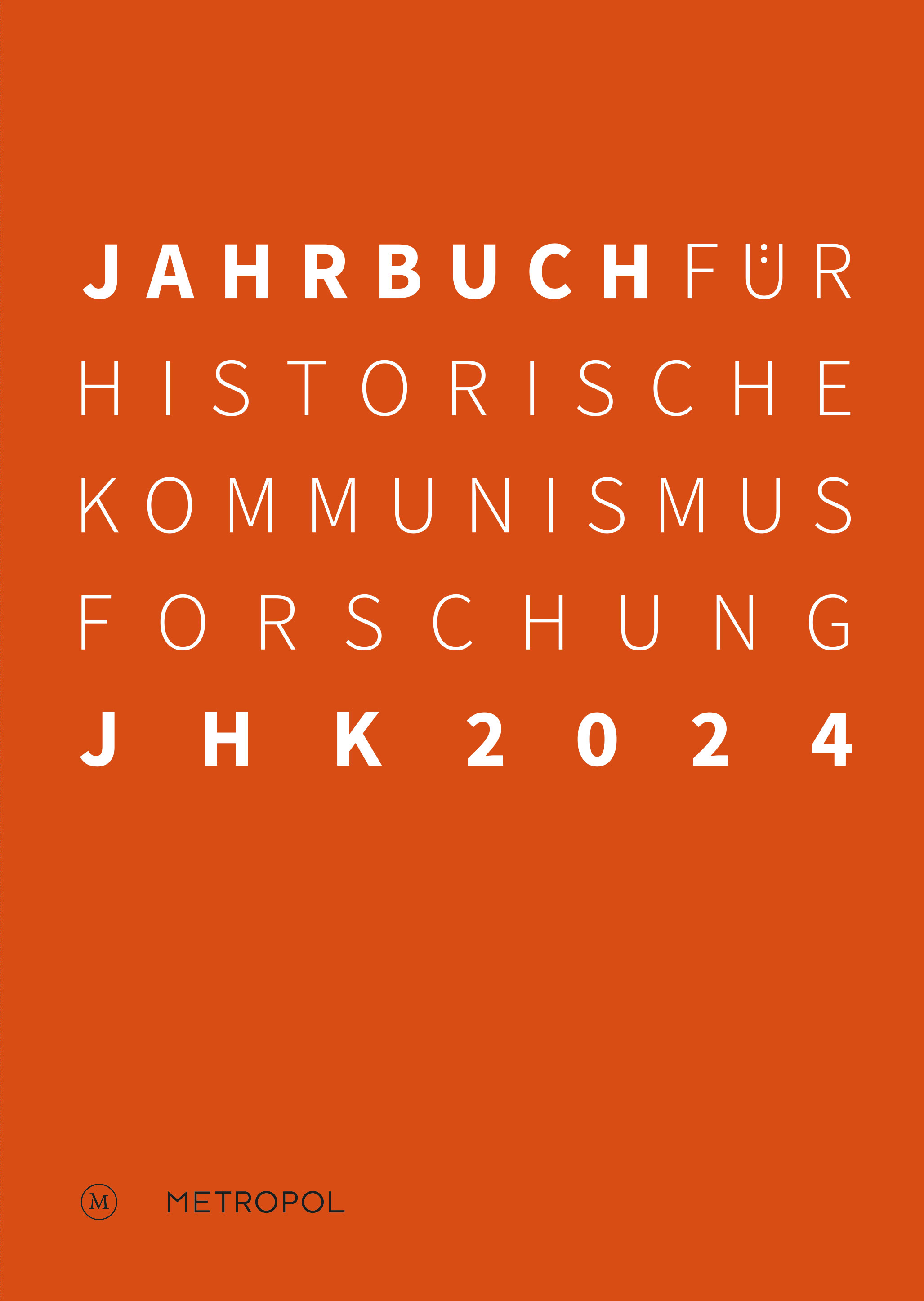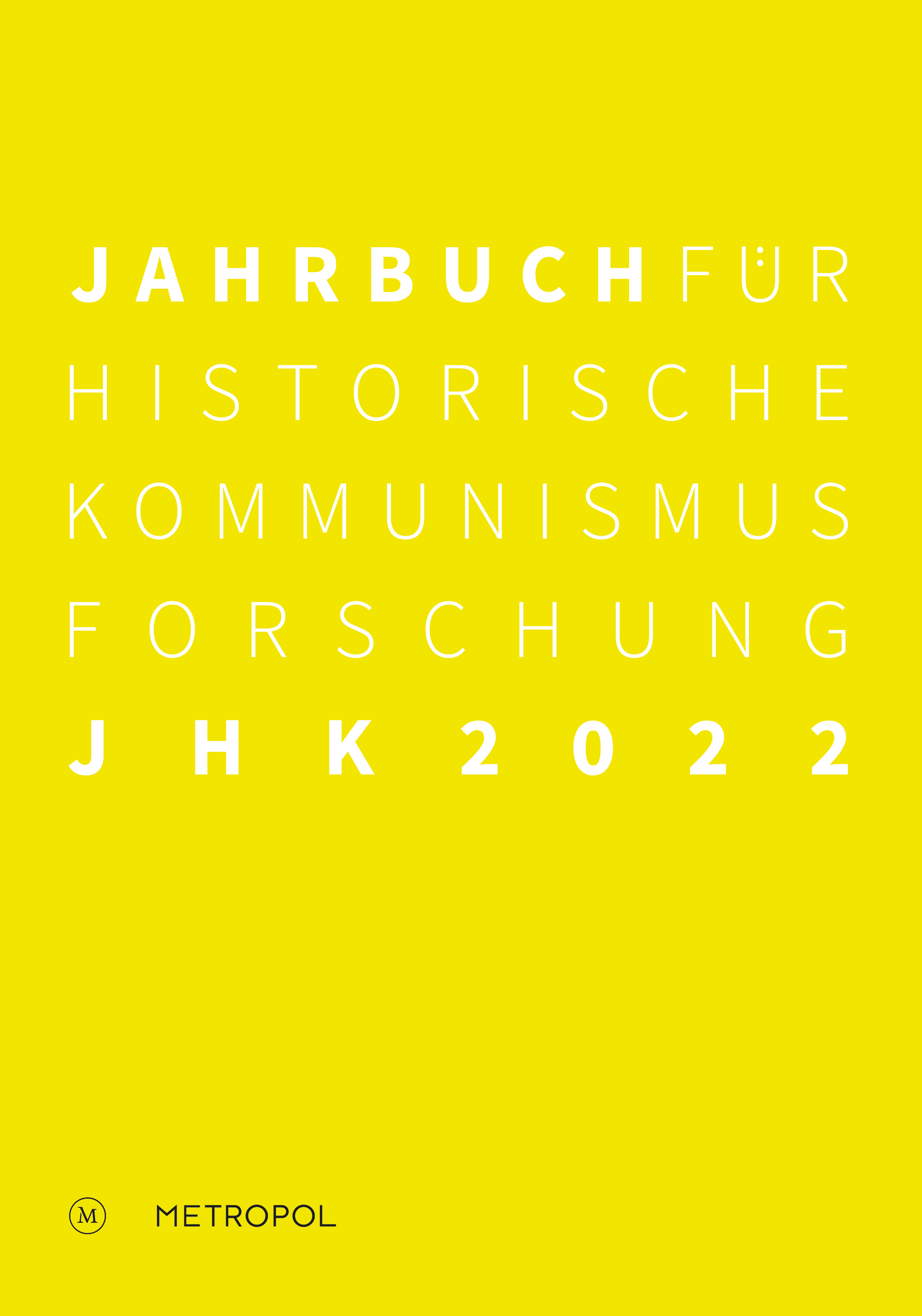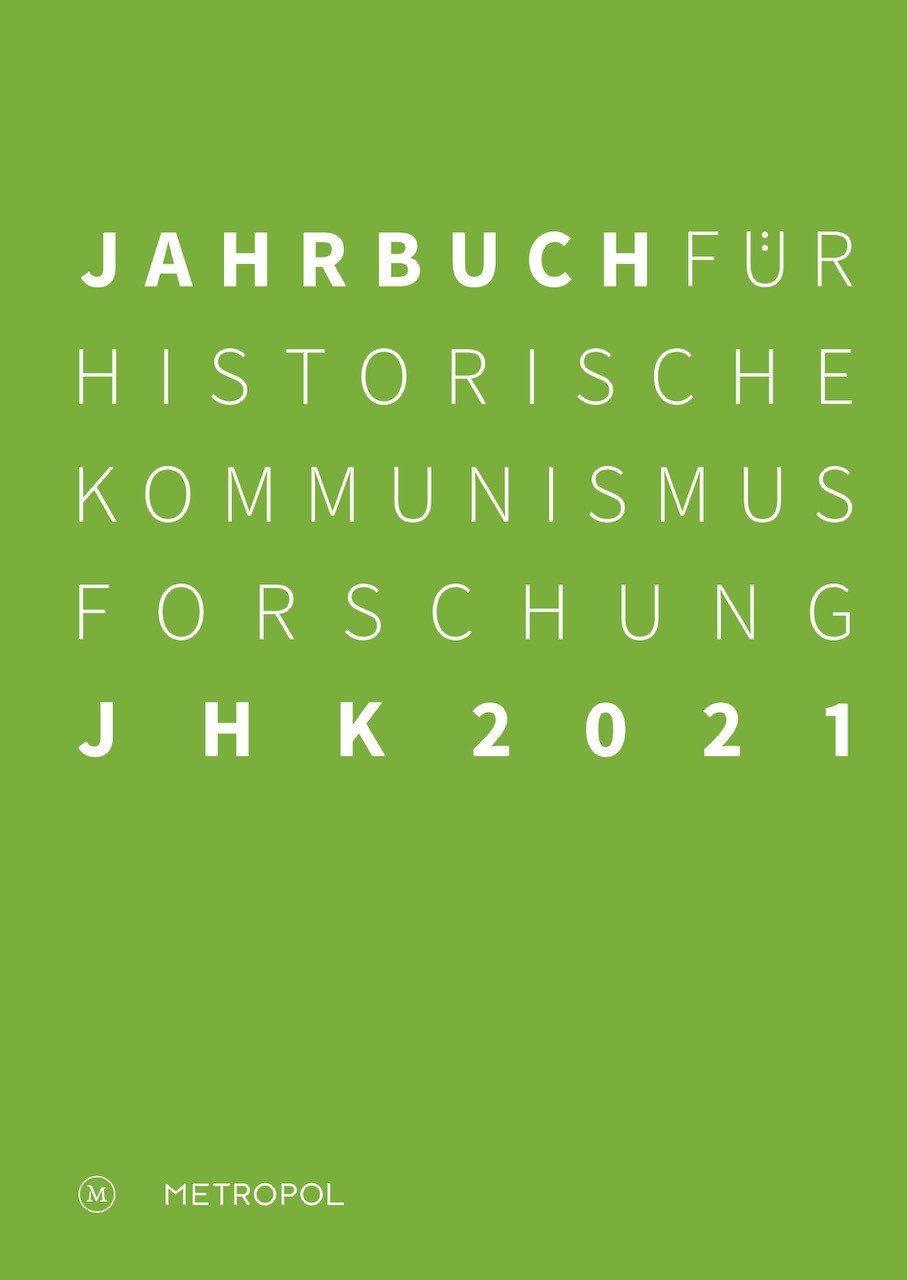Abstract
Jens Boysen: Schutz und Strenge. Die Polnische Armee als autoritäre Schirmerin der Nation (1970–1990), in: Jahrbuch für Historische Kommunismusforschung 2023. Berlin: Metropol Verlag, pp. 135–152.
With a view notably to Stalin’s nationalist politics since the late 1930s, the notion of an insurmountable gulf between Communism on the one hand, and nationalism on the other, has already been eroded. But an analogous view still can be found regarding the Polish satellite state of 1944–89 when it comes to the normative roots of the opposition movement that peaked in 1980-81 in the independent trade union Solidarity. Poland was a highly complex ideologeme held together primarily by a Communist army that was staunchly loyal to the Soviet Union as it drew on the pre-war national(ist) heritage. This way it managed to build – despite several acts of bloodshed – a delicate bond with a mostly non-Communist population based on existential fear and resentment, but as well on the pride of post-war reconstruction. In turn, the apparent liberalism of the opposition rested to a large degree on similar nationalist views and would thus go quite some way to accommodate the army as the seemingly lone guarantor of national survival. Tellingly, their critique of the regime motivated by economic failure and political subordination to Moscow, aimed at the (civilian) party while mostly sparing the army.
Über den Autor
Dr. phil. Jens Boysen, geb. 1968 in Offenbach am Main. 1991 bis 1997 Studium der Geschichte, Slawistik und Politologie an der Johann-Wolfgang-Goethe-Universität Frankfurt am Main und am Trinity College Dublin. 1997 bis 1998 Masterstudium am College of Europe in Warschau-Natolin. 2008 Promotion in Neuerer Geschichte an der Universität Tübingen. Wissenschaftlicher Mitarbeiter am College of Europe in Brügge (1999–2000), an der Universität Leipzig (2002–2007), am Deutschen Historischen Institut Warschau (2010–2016) sowie am Institut für Europäische Geschichte der TU Chemnitz (2017). Seit 2020 Professor CC für Internationale Beziehungen am Collegium Civitas in Warschau. Veröffentlichungen u. a.: »Integration through ›Militarism‹ in the Warsaw Pact: The East German and Polish Leaderships as Soviet Allies«, in: Krzysztof Brzechczyn (Hg.): New Perspectives in Transnational History of Communism in East Central Europe, Berlin u. a. 2019, S. 57–76; »Identitätspolitik im Kalten Krieg – die DDR und Volkspolen zwischen nationaler Kontinuität und supranationaler Neubestimmung«, in: Zeitschrift für Genozidforschung 16 (2018), H. 1, Thema: Identität und Krieg, S. 85–105.



